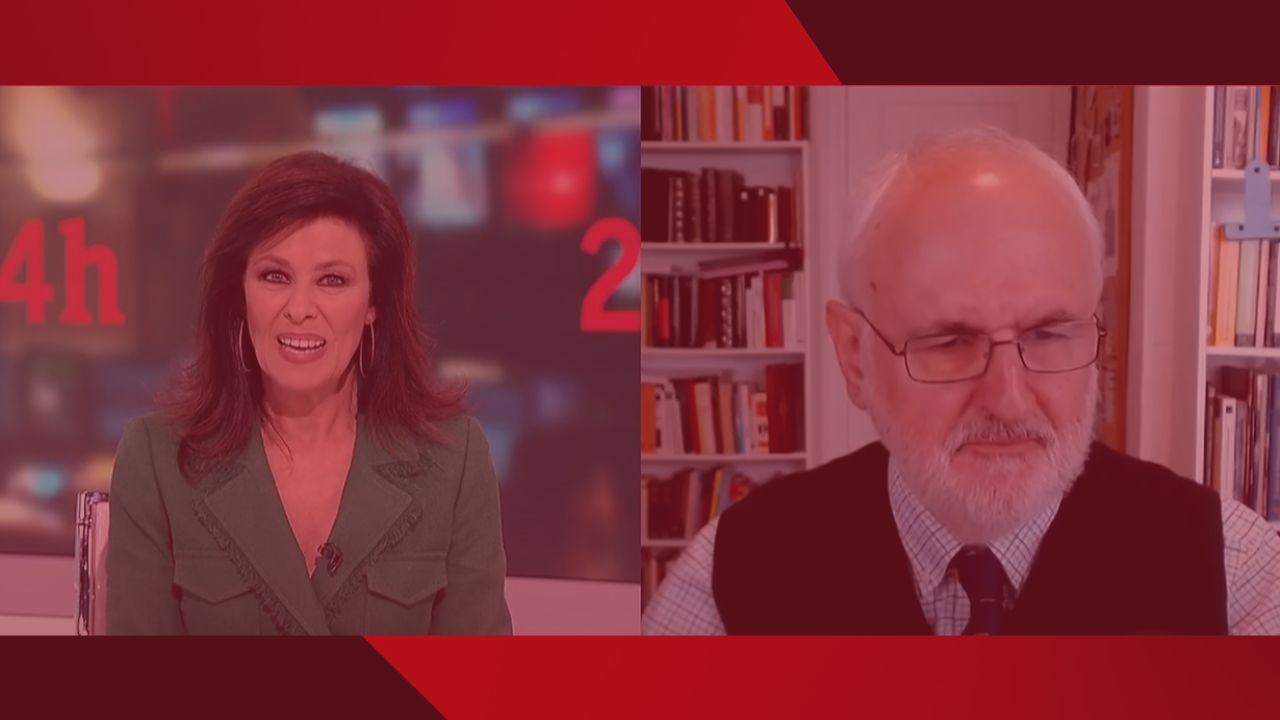Much of the political and economic news has been taken up these days by the problems of farmers and their low profits (sometimes none at all), which means that it is even more beneficial for them not to produce than to do so, because their expenses exceed their income. Facing this, the political parties have not been slow to take a stand and, in a very bold way, have begun to make promises left and right, without having previously identified the cause of the problem. Are the intermediaries – like the distributors – the real culprits, and will we solve it with protectionism?
The margin of the intermediaries is very small
The Spanish government and other bodies of the political elite have not hesitated to criticize the intermediaries of the evil of the farmers. But they are wrong. The problem is far from being caused by their – supposedly – high profit margins.
The meagre profits of most farmers are largely due to the high costs they have to bear. Although many do not want to admit it (probably because of ideological bias), the increase in the minimum wage has in turn increased labour costs and thus production costs, which quite a few cannot afford. This, coupled with low productivity or, in other cases, overcapacity in the agricultural sector, would make modernisation or adjustment of the sector necessary. In other words, if they are not able to reduce their unit costs and sell at a price below these, it is obvious that they must be resized.
Beyond that, the demonisation of the distributors and the big stores is only a political strategy to attract and consolidate voters, but it does not correspond at all to what is really happening. It is very worrying that the government is not capable of properly analysing a problem. Certainly, the profits from the unit margins of those in the chain who add value to the agricultural product from the time it is planted (and harvested) until it reaches our trusted supermarket are negligible. So why do supermarkets make such huge profits? This does not fit Podemos and PSOE. The answer to this apparent contradiction lies in their high turnover of capital. Basically, profits can come from 1) selling with high unit margins or 2) selling with low margins, but in large quantities (having a high turnover). The intermediaries are in this second case. Mercadona earns a lot because it sells a lot. Not because it inflates the prices of agricultural products and possesses great market power. Thus, neither the problem nor the solution is or will be found in the intermediaries.
Protectionism is not the solution either
Once we have clarified that large surfaces do not cause the problem, let’s move on to study one of the most talked about solutions: the protection of the Spanish product. This was VOX’s proposal.
Most States, following a nationalist logic, as it happened in the Industrial Revolution or in previous mercantilist times, think about the benefit of reducing imports, through the establishment of tariffs, and thus increase exports. Without going any further, the current US economic policy is based on the idea of imposing a tariff equivalent to the differential on all goods produced abroad at lower costs. However, these politicians, imbued with the Keynesian spirit or, on the contrary, with a conservative-patriotic ideology, do not realise that this economic policy has the sole result of diminishing the international division of labour and, therefore, favouring the generalised decrease in productivity. For the liberal, what matters is not the country in question, but global welfare, because it is universalist, and not particularist or regionalist.
If the agricultural sector is not able to reduce its unit costs and sells at a lower price, it will have to resize
In this sense, under a system of full market freedom, the allocation of capital and labour will be directed to areas where the best production conditions are available for development. As Ludwig von Mises says, as means of transport are perfected, technology is improved and the door is opened to greater growth in countries, new areas of production emerge that are more favourable than those already exploited.
The classic author David Ricardo also gives the keys to understand this: he affirms that the different sectors of production are distributed among the countries in such a way that each one, in a natural way, applies itself to produce that in which it possesses a clear superiority with respect to the others.
So what is the point of implementing protectionism in a country? Or, going further, does it make sense for the state to finance a bankrupt company? If the company is going to be expelled from the market and the state is going to promote it by means of aid, the only thing it will achieve is to keep afloat a company that is misusing the resources that could well be used to produce another more convenient good or service. Inefficiency is therefore being encouraged, while public resources are being wasted.
But isn’t protectionism good for the emerging sectors?
Clearly, agriculture is not a nascent sector, but there is a widespread myth among academics that protectionism is good for nascent industries (see, for example, Daniel Krawisz’s paper, «Kicking the Ladder: The True History of Free Trade»). This is completely false.
Throughout the text, Krawisz reaffirms the idea that protectionism can favour the early stages of industrialisation in developing countries. To back this up, he quotes Ulysses Grant (president of the United States from 1868 to 1876), who said
«For centuries, England has relied on protective measures, taken them to extremes and obtained satisfactory results. There is no doubt that it owes its present strength to that system. After two centuries, England has found it convenient to adopt free trade because protection no longer has anything to offer.
In contrast to this, the economist Mises states in his book «Epistemological Problems of Economics» that
«The infant industry argument presented in favour of protectionist tariffs represents a desperate attempt to justify such measures without a purely economic basis, without regard to political considerations. …] Of course, it may be that in some cases existing industry is not operating in the most favourable location currently available. However, the question is whether moving to the most favourable location offers sufficiently large advantages to offset the cost of abandoning existing plants. If the advantages are large enough, relocation is cost-effective and takes place without the intervention of a tariff policy. If it is not profitable in itself and is only profitable under the tariff, the latter would lead to the expenditure of capital goods for the construction of factories that otherwise would not have been built. These capital goods are no longer available where they would have been if the state had not intervened. (pp.237-239)
The conclusion is therefore clear. If the only way for an industry, in a certain place, to prosper (as indeed happened with some fledgling industries in countries that were then developing and would later become great powers, such as the United Kingdom, the United States, Germany…) is through a protectionist (tariff) policy, we are faced with the clearest symptom that the place where it is being undertaken is not the right one; nor are the resources that have been made available for it the right one. In any case, if that company is not profitable by itself, with the introduction of a tariff, we will put an inefficient actor in the market, which does not use its resources optimally and will therefore waste capital goods that, considering their scarcity and limitation, could have been used in another company.
The United Kingdom, or any other country, could have prospered perfectly without tariffs, and could have gone from being an underdeveloped country to being a great power simply by having its people involved in the business function (being aware of market opportunities and making use of them), undertaking efficiently, in the right territory and with the right productive factors. If a company is not profitable by itself, the most efficient thing is for it to disappear from the market. Under this logic, the tariff policy makes no sense.
The emergence of tariffs was due only to the nationalistic-patriotic logic that the countries’ politicians and rulers have historically maintained. There is no economic logic based on business efficiency that tolerates them.
Therefore, the solution does not lie in blaming the intermediaries or in proposing wild protectionism. Rather, both options would end up adding to the problem. PSOE, Podemos and VOX are completely wrong.






